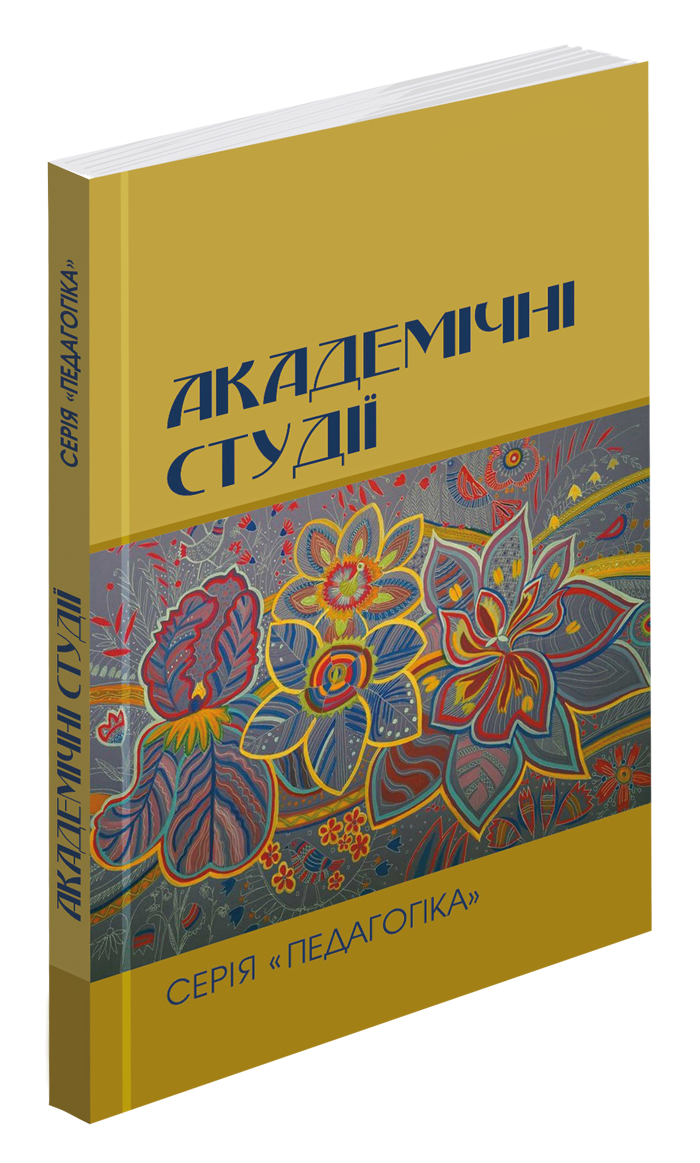Abstract
The use of gadgets contributes to the development of communication skills, individualization of learning, and deepening of students’ knowledge of the English language and foreign literature. Therefore, in the article, gadgets are considered as a means of learning in the process of studying these disciplines. The integration of gadgets into learning English opens wide opportunities for improving the quality of students’ language training. An important advantage is the ability to use interactive applications for learning grammar, vocabulary, pronunciation, and other language aspects. Thanks to modern applications, students can perform exercises on various language topics in a mode convenient for them with the possibility of automatic evaluation and analysis of errors. This allows you to significantly reduce the time spent on checking tasks and improve the effectiveness of feedback. An important component of the educational process is the study of foreign literature. Using gadgets in this context also opens up new possibilities, as it simplifies the reading process and makes it more interactive and dynamic, and students can use search functions, highlight important passages, add notes, etc. The analysis of scientific and pedagogical literature shows that considerable attention is paid to the problems of using modern technologies in the educational process. The possibilities of integrating digital technologies into traditional, mixed and distance learning are analyzed. Advantages such as access to interactive materials, development of language and communication skills, as well as the possibility of individualizing the educational process, were noted. Challenges associated with the use of technology are discussed, including the risks of student distraction and inequities in access to resources. The article emphasizes the importance of the teacher’s role in the implementation of technologies and the formation of critical thinking skills in students. The use of gadgets in education can significantly improve the quality of education but requires a comprehensive approach to education, teacher training, and consideration of possible risks associated with their use.Key words: gadgets, the English language, foreign literature, interactive learning, distance learning, digital technologies, language competence, communication skills, pedagogical strategies.
References
Андрієвська, В. (2006). Інформаційно-комунікаційні технології у професійній діяльності майбутніх учителів. Науковий часопис НПУ імені М. П. Драгоманова: зб. наук. праць. Серія : № 2 «Комп’ютерно-орієнтовані системи навчання» (С. 153−157). Київ : НПУ імені М.П. Драгоманова № 18 (25).
Бойко, Я. (2019) Цифрові технології та їх застосування під час вивчення англійської мови в середній школі. Збірник наукових праць Уманського державного педагогічного університету, 3, 13–23.
Власюк, І. (2018). Мобільний телефон – невід’ємна новітня технологія навчання на заняттях іноземної мови. Молодий вчений, 7 (59), 60–63.
Грушковська, О. (2018). Віртуальна реальність у контексті сучасного соціуму. Теоретичні положення соціологічних розвідок, 2, 11–15.
Гурова, О. (2020). Психологічна профілактика кіберзалежності в учнівської молоді. Психологічні технології взаємодії суб’єктів освітнього простору: Методичні рекомендації за науковою редакцією академіка НАПН України С. Д. Максименка (С. 39–43). Київ : Видавничий Дім «Слово».
Ільченко, О., Левицький, А., Журавльова, Л. (2010). Розвиток професійно-методичної компетентності майбутнього вчителя іноземної мови: проблемні завдання: навчальний посібник. Житомир : Вид-во ЖДУ імені І. Франка.
Шапран, Л. (2006). Дидактичні можливості використання автоматизованих навчальних курсів вивчення іноземних мов. Київ : НУХТ.
Юденкова, О. (2022). Формування інформаційно-цифрової компетентності у здобувачів освіти в контексті діджиталізації професійної освіти. Інформаційно-ресурсне забезпечення освітнього процесу в умовах диджиталізації суспільства : тези доп. міжнар. наук.-практ. конф. (С. 585–588).

